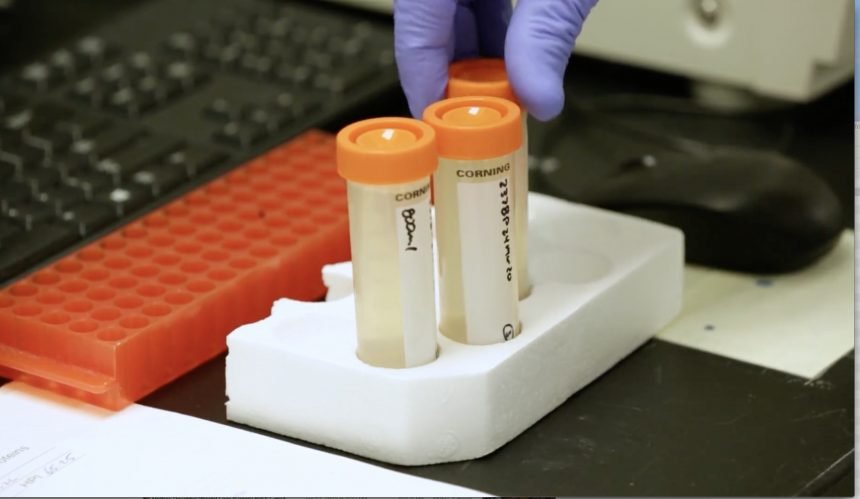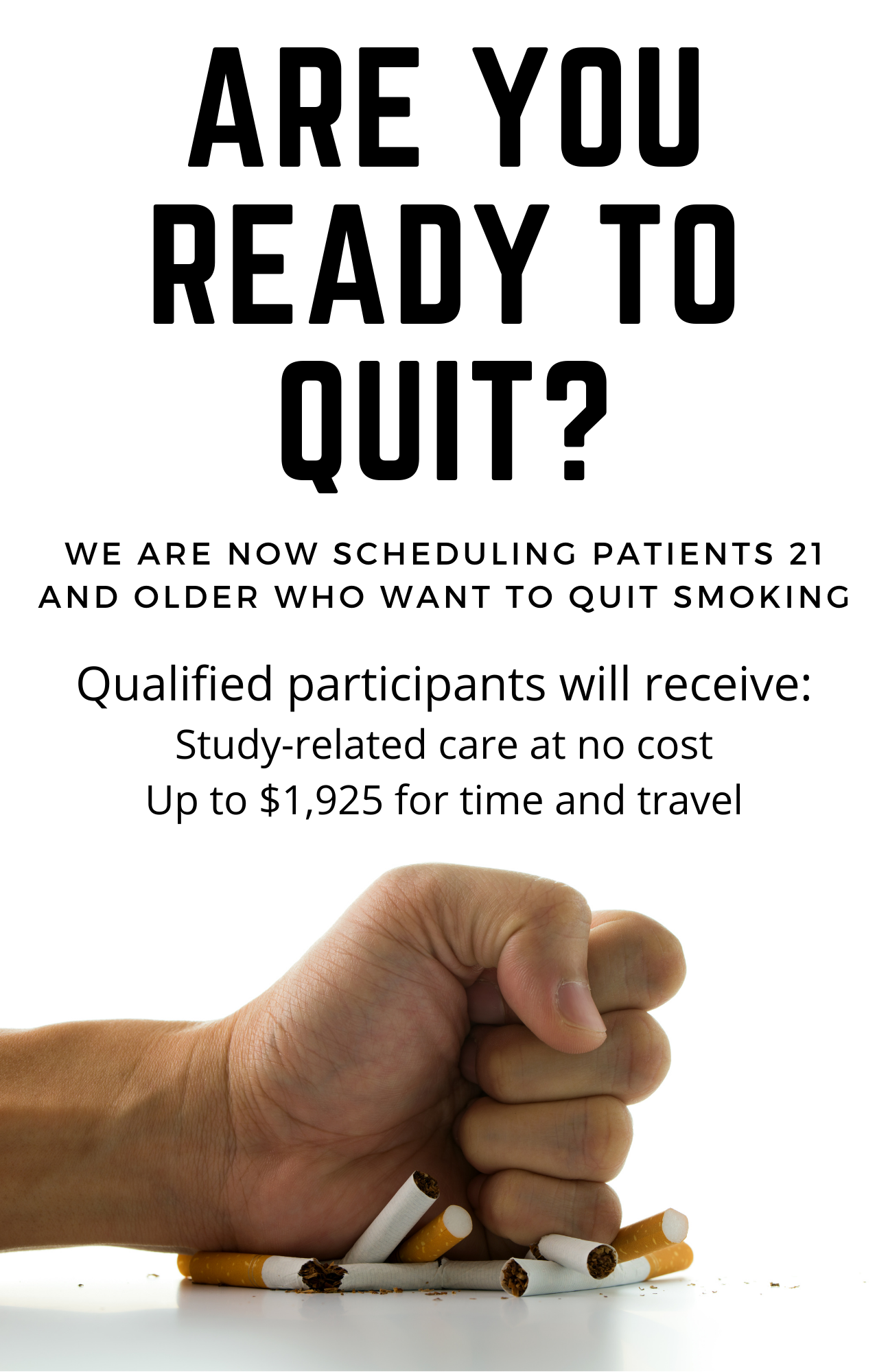
Subjects must have received methadone maintenance therapy for at least 3 months, and have been at least 2 weeks methadone-free.  Subjects must be free of illicit drug use for the past 3 months. Able to understand and comply with the requirements of the study. Female patients of childbearing potential must be using a reliable method of contraception and have a negative urine human chorionic gonadotropin (HCG) test at enrollment.
Subjects must be free of illicit drug use for the past 3 months. Able to understand and comply with the requirements of the study. Female patients of childbearing potential must be using a reliable method of contraception and have a negative urine human chorionic gonadotropin (HCG) test at enrollment. #Free clinical trials to stop opiates manual#
A diagnosis of generalized anxiety disorder as defined by Diagnostic and Statistical Manual of Mental Disorders- Fourth Edition (DSM-IV) within the past 6 months. A diagnosis of opiate dependence as defined by Diagnostic and Statistical Manual of Mental Disorders- Fourth Edition (DSM-IV) during the past two years. Generalized Anxiety Disorder Comorbid Opiate Dependence in Remission Status Post Methadone-Maintenance Treatment Hypothesis One: Compared to placebo, Quetiapine will demonstrate a greater reduction in symptoms of anxiety in subjects with GAD and remitted comorbid opiate abuse.Įxploratory Hypotheses: Compared to placebo, Quetiapine will demonstrate a greater improvement in psychosocial functioning and compliance with community norms in subjects enrolled in a residential drug addiction treatment facility. Subjects will be followed for 16 weeks and a variety of psychometric assessments will be made. Subjects will be randomized to receive either quetiapine or placebo in addition to ongoing drug addiction treatment. Study subjects will be inpatients at a residential drug-treatment facility, enrolled in a 1 year methadone-to-abstinence treatment plan. 
The study will be conducted in a prospective, randomized, double-blind, and placebo-controlled fashion.

This is a 16 week study of the efficacy of quetiapine in treating symptoms of generalized anxiety disorder (GAD) in subjects with comorbid opiate dependence.
Why Should I Register and Submit Results?.







 0 kommentar(er)
0 kommentar(er)
